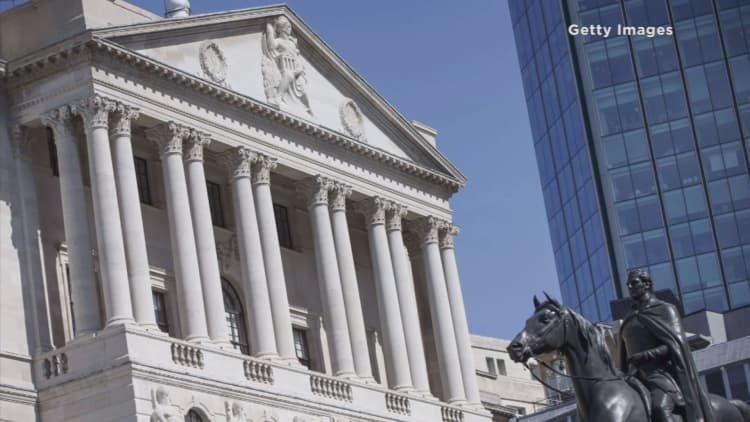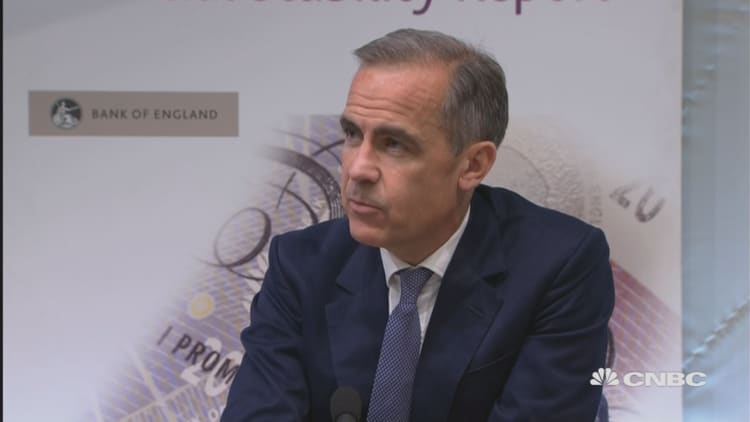
The Bank of England received prior warning from the U.K.'s City watchdog that open-ended commercial real estate funds might suspend dealings in the aftermath of the Brexit vote.
Minutes published on Tuesday from the bank's latest Financial Policy Committee (FPC) meetings — held after the June referendum — revealed the warning received from the Financial Conduct Authority (FCA).
"The Committee has previously highlighted the risks around open-ended property funds. Since the referendum, these had seen increased redemption pressures. The FPC was briefed by the FCA on the extent of outflows from these funds and on the possibility that funds could suspend redemptions in the near term," the minutes said.
Seven U.K. open-ended commercial real estate funds subsequently suspended dealings to avoid fire sales of underlying assets. These belonged to Aberdeen Asset Management, Standard Life, Aviva, M&G Investments, Henderson Global Investors, Columbia Threadneedle and Canada Life.
Critics of the funds say the illiquidity of commercial real estate make it an unsuitable asset for open-ended funds, to which investors are allowed instant access.
On Tuesday, Bank of England Governor Mark Carney said the bank had raised concerns about open-ended real estate funds before the Brexit vote hit the agenda.
"We did flag these risks in 2015," he told a Treasury Committee hearing on Tuesday, adding that U.K.'s banks' exposure to these funds was fairly modest in recent historical terms.
He said these funds were at "an extreme end of a more general issue … there has been a general trend for funds that have daily liquidity (requirements) to invest in illiquid securities … like emerging market debt."
Also at the committee hearing, Deputy Governor Jon Cunliffe said the funds were looking to sell assets while avoiding fire sales.
"They are out seeking the opportunity to liquidify their portfolios, but that it is not at any cost … they are trying to do it in an orderly process," he said.

Foreign capital inflows into U.K. commercial real estate fell by nearly 50 percent in the first three months of 2016, according to the Bank of England.
"The sterling's dive has led to lower or negative returns for nonresident investors, consistent with a reduction in the willingness of foreign investors to hold sterling assets," S&P Global Ratings said on Monday.
The FPC minutes also revealed the main risk it saw from cutting U.K.'s banks' countercyclical capital buffer rate to 0 percent from 0.5 percent at the start of this month.
"The most pressing concern was that banks could use the reduction to increase dividend payments or engage in other distributions of capital, rather than to absorb additional losses without constraining the supply credit," the minutes said.
The bank will publish its monetary policy decision and minutes from the meetings ending on July 13 on Thursday. These are much anticipated, after Bank of England Governor Mark Carney said in June that more monetary easing would "likely be required over the summer."
"We think that if they (the Bank of England) lower rates a bit further from, go towards zero, and they do a little bit more QE (quantitative easing) that might be a helpful recipe for stabilization for the coming months," Mads Pederson, CIO of UBS Wealth Management, told CNBC on June 30 after the Brexit referendum.

